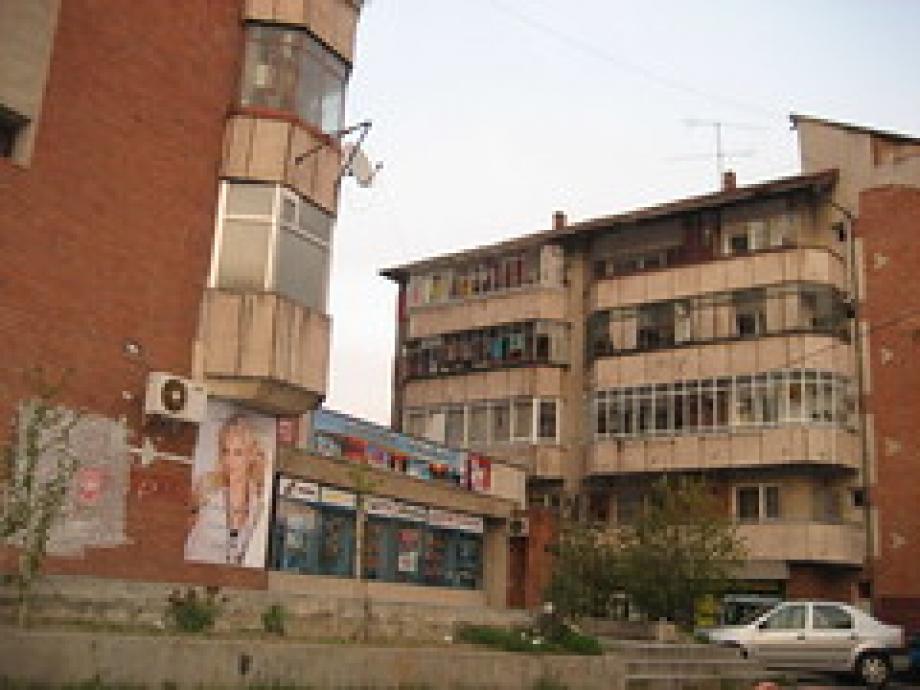When talking about the garden project with different people in our region, I received an invitation to an event about “Espaces oubliés” (forgotten places) in Perpignan.
It was a really interesting experience, because the presentations from local associations were inspiring and for me a practical lesson on cultural behaviour and thinking.
The commonalities of all initiatives are:
- all is organized in an association, not organized citizens are not taken seriously
- there is relatively little contact among the association
- web tools plays no or a minority role for dissemination and campaigning (the sessions were not recorded and the presentations are not available )
- even with great ideas, they all await confirmation from governmental decision makers before they act (which could mean they never act)
- difficult to redefine the relation of government and responsible citizenship in terms of transferring responsibilities
When following the project presentations, such “Espaces oubliés” were in the majority abandoned places which are not looking proper, which are dirty, stinky, feral and often used as dumpsites and pissoirs. There is deep wish to re-create a social and cultural life. There is a profound motivation to have a clean and social neighborhood and re-discover a time where people dealt differently with each other, were more sensitive, pay more attention to each other and their environment but also the wish, to rediscover the history of such places. The economical pressure we are all underlying migth be the main reason for giving up our care for our neighborhoods, for what happens directly in front of our door. However, we are all part of the game and the solution is not to point with the finger to others.
Besides of the project presentations, a reflective discussion about the term “Espaces oubliés”, initiated by a sociologist, took place.
When is a place a forgotten place? When it does not meet our common understanding of moral and ethics? When it is not used anymore? When it is out of our view, de-commercialized? When the place is used for things and by people who are illegal?
Not less of such places are used differently today, e.g. for prostitution (big problem in our region!), drug dealing and consuming, or even by people who took over a place to create a living space for themselves. In that sense, these places are not forgotten.
It also means, that we all need to review how we want to live together, what kind of society we want to create. Thinking and acting locally responsible can make a difference which sums up to a different global world. I am not a social utopian, we all need to do business and earn money, but with respect to each other, to our neighbors and to the environment.
In that sense, the discussions yesterday were a good start, even I found just one person which is turning an abandoned place into a vegetable garden.

